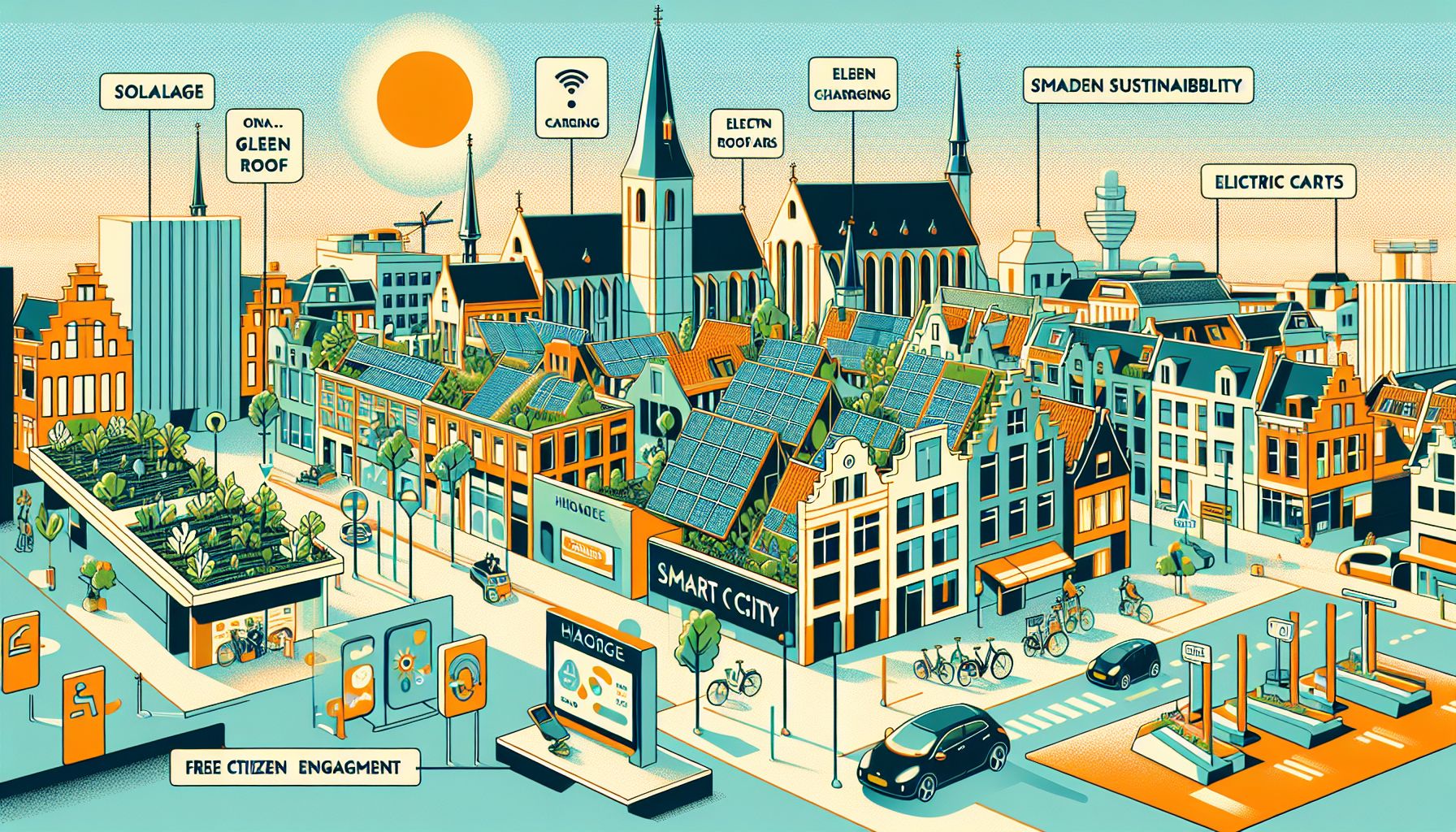The Hague's Smart City Successes Set Model for Urban Innovation

The Hague, Saturday, 8 February 2025.
The Hague’s five-year smart city program highlights successes in urban sustainability and citizen engagement, serving as an exemplar for other Dutch cities to innovate and improve.
Key Infrastructure and Innovation Success
The Hague’s Scheveningen Living Lab has demonstrated significant achievements through its comprehensive fiber optic network infrastructure, which connects various street facilities including lampposts, kiosks, and charging stations [1]. A standout innovation is the Crowd Safety Manager (CSM), which provides real-time 3D mapping of crowd movements using data from traffic, parking, public transportation, and anonymized visitor information [1]. This system proved particularly valuable during major events such as the Invictus Games, enabling proactive crowd management through strategic deployment of traffic controllers and supervisors [1].
Water Management and Climate Resilience
In a significant development as of January 2025, The Hague has joined the EU Urban Agenda Thematic Partnership on ‘Water Sensitive City,’ collaborating with twenty-two other cities and institutions [5]. This initiative addresses critical challenges, as over 90% of The Hague’s drinking water comes from river sources facing increasing pollution and declining water levels [5]. The city’s commitment to water management comes at a crucial time, as it faces multiple environmental challenges including vulnerability to heavy rainfall and rising sea levels [5].
Sustainable Urban Development
The city’s innovative approach aligns with broader European Union initiatives for sustainable urban development. The Hague is among the cities working toward climate neutrality, participating in comprehensive EU-wide urban sustainability efforts [2]. The program has emphasized strong stakeholder management and community engagement, focusing on sustainable built environments and energy transitions [4]. These initiatives demonstrate The Hague’s commitment to creating a model for smart urban living that can be replicated in other cities [7].
Learning from Challenges
The program has also provided valuable lessons through its discontinued projects. Some initiatives, such as a pilot project for riot recognition, were terminated due to technological limitations, while others, like the AI-powered nitrous oxide detection system, were discontinued when the targeted social issues subsided [1]. These experiences highlight the importance of maintaining flexibility and responsiveness in smart city initiatives, ensuring that technological solutions remain aligned with actual community needs [1].

